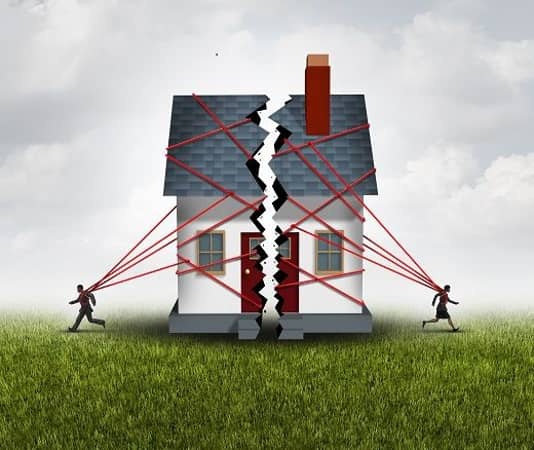Destruction of Property and Dissipation of Assets in Divorce

In New Jersey, all marital property is subject to an equitable distribution by the court in the event of a divorce. “Equitable distribution” is a legal term, and the court will consider a large number of factors when deciding how much of the marital estate each party will receive, ranging from the debts of the parties to whether one spouse was traditionally a stay-at-home parent. Divorces will unfortunately often bring out the worst in people, and some will attempt to destroy or dissipate marital assets in an attempt to reduce the total value of the marital estate. This ensures that the other spouse will receive a smaller share of assets, as there will be fewer assets to distribute. Intentionally destroying or dissipating marital assets is a bad idea, and can create serious repercussions for the offending spouse.
Dissipation of marital assets was defined in Kothari v. Kothari, 255 N.J. Super 500 (App. Div. 1992). In that case, the court set out that dissipation of marital assets occurs where one spouse uses marital assets for his or her sole benefit, and for a purpose that was not related to the marriage. This must occur at a time when the marriage was already unstable and in “serious jeopardy.” The court will also consider whether a particular expenditure was typical in a couple’s marriage. For example, if a wife takes a lavish trip to Europe right before the parties’ separation, it may not be considered dissipation if this was typical behavior during the parties’ marriage. The court will also heavily consider intent. If a party loses money in a failed endeavor, it may not be dissipation if he or she did not mean to lose the money. The classic example here is a failed investment or business deal. If a court determines that a party has intentionally dissipated marital assets, the court has wide discretion in how to deal with this behavior. It may often mean that the offending party ends up with a vastly smaller share of the remaining assets, or maybe even none at all.
Destruction of Property During Divorce
 Destruction of marital property may also lead to big problems for the offending party. In addition to being required to pay for the destroyed asset, a spouse could even face criminal charges. In some cases, a spouse’s destruction of particular types of property could be criminal mischief, which would support a charge of domestic violence.
Destruction of marital property may also lead to big problems for the offending party. In addition to being required to pay for the destroyed asset, a spouse could even face criminal charges. In some cases, a spouse’s destruction of particular types of property could be criminal mischief, which would support a charge of domestic violence.
If you are concerned that your spouse is intentionally dissipating or destroying marital assets, call us today for an appointment at (732) 529-6937. We have experience in helping our clients in these situations, and can help you to protect your future



